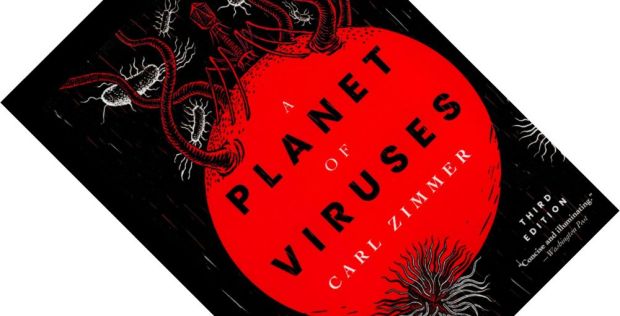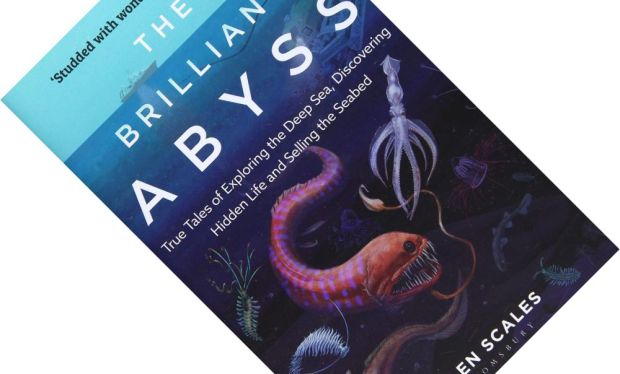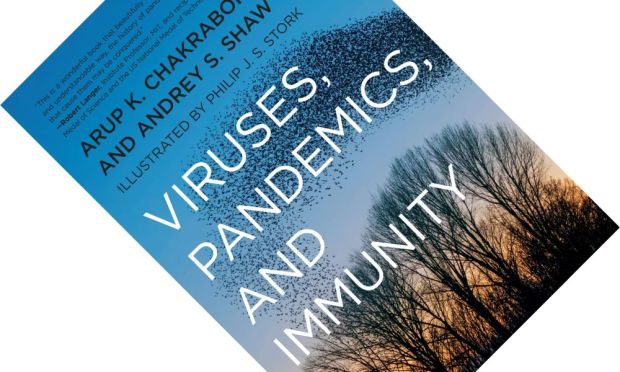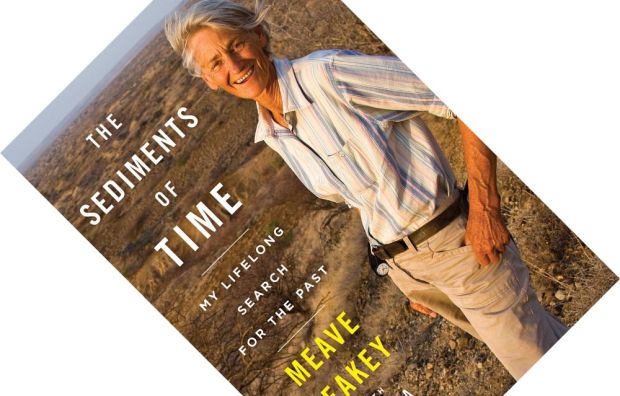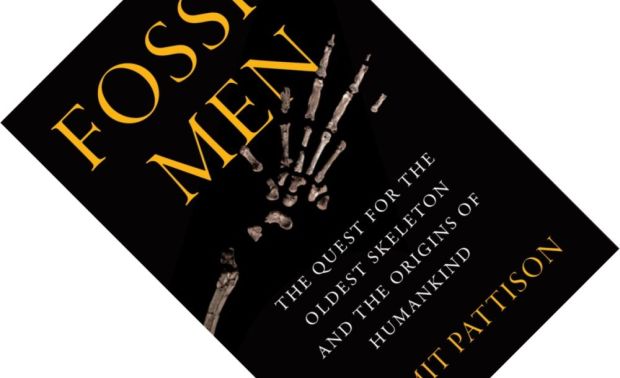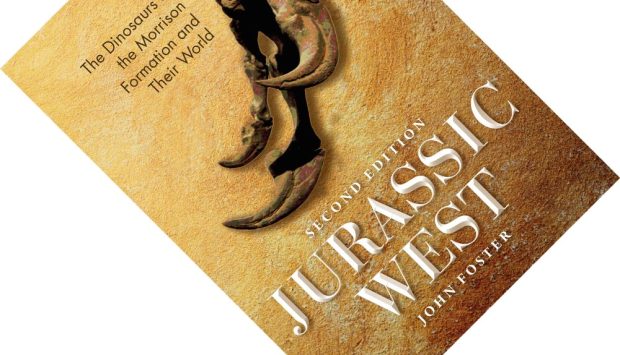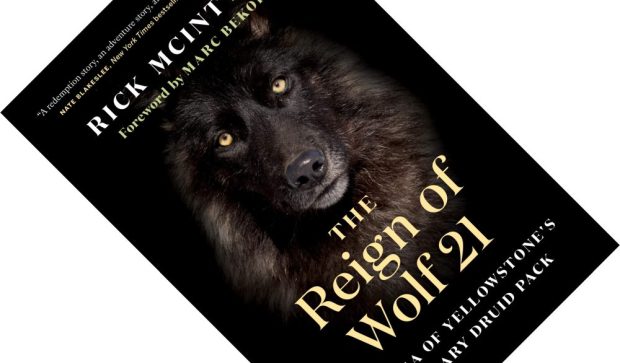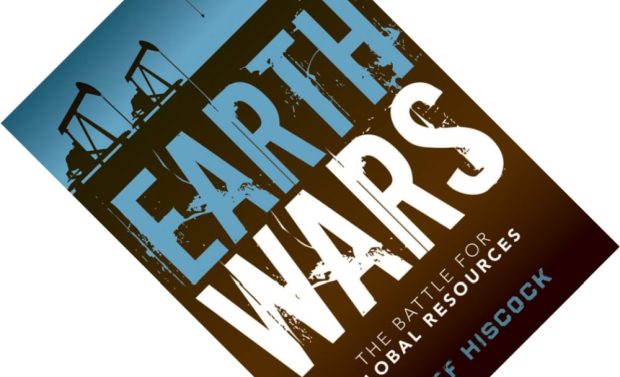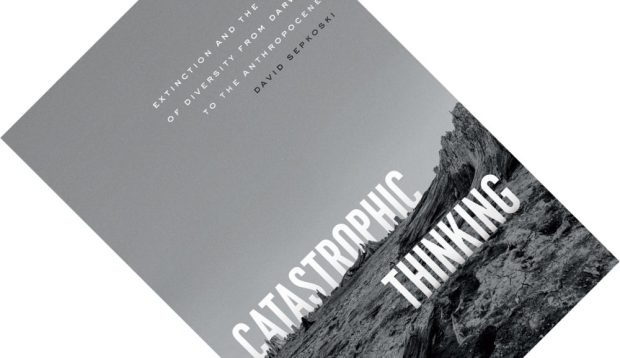5-minute read
In the wake of the COVID-19 pandemic, many publishers have seen an opportunity to reissue previously published books on viruses and pandemics. As a reader, it is always difficult to know whether you are actually getting any updated content beyond the obligatory new preface or afterword, or whether this is just a quick cash-grab. Fortunately, the third edition of Carl Zimmer’s famous virology primer A Planet of Viruses is here to prove those suspicions wrong.

